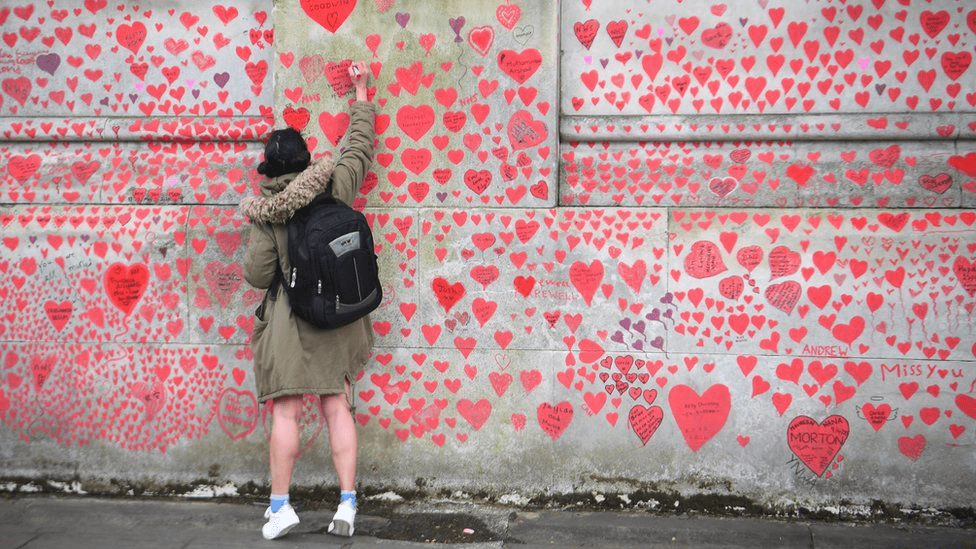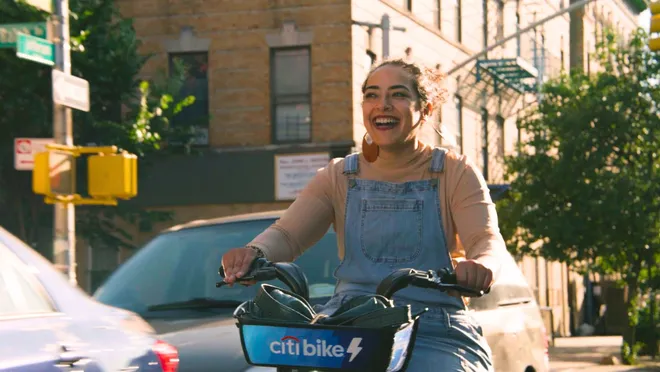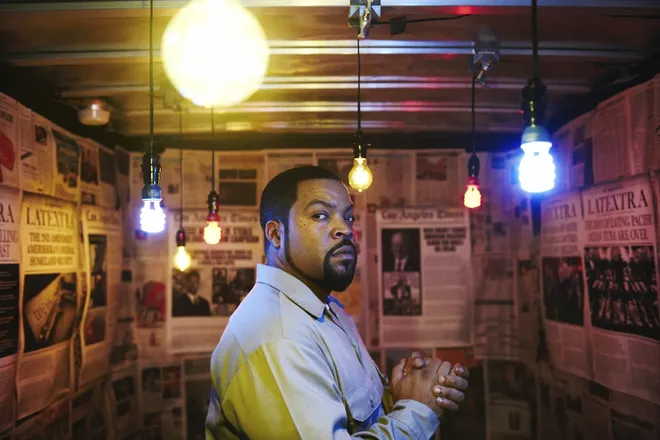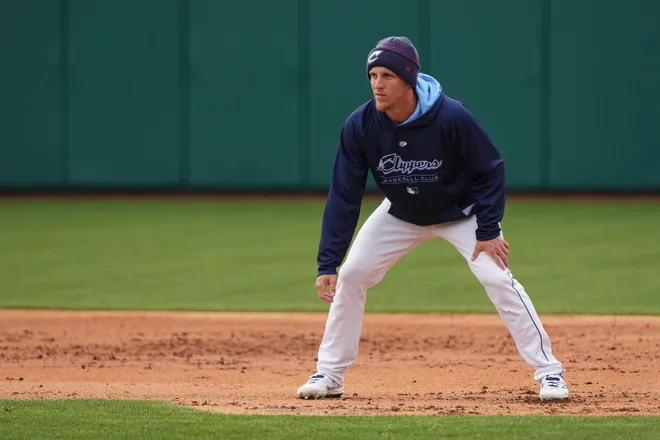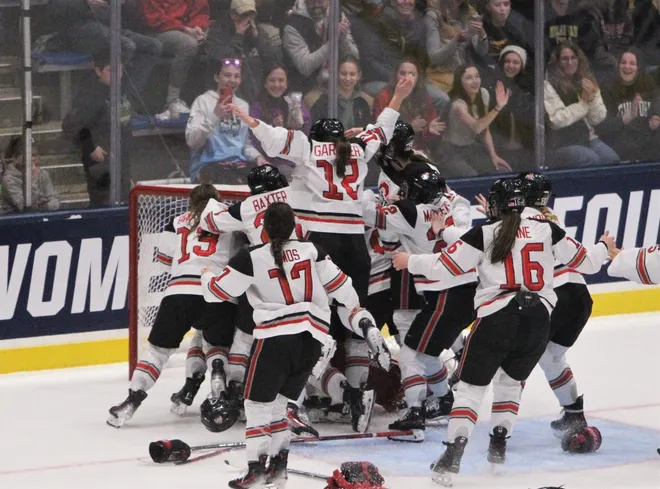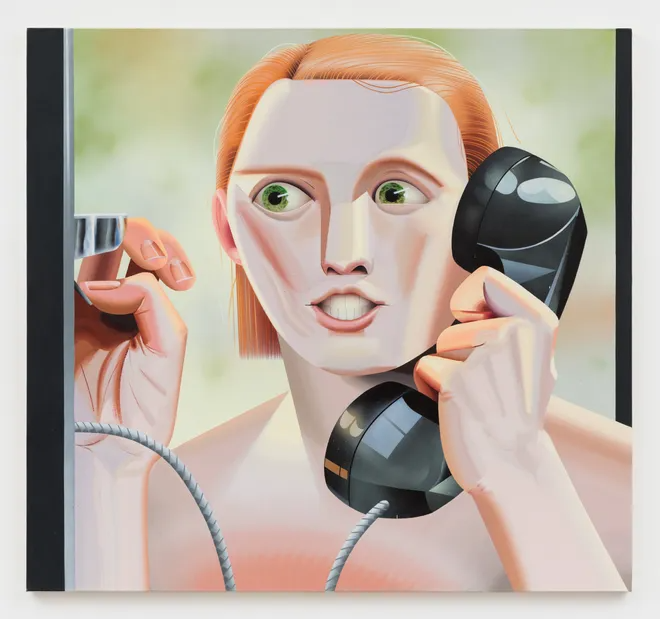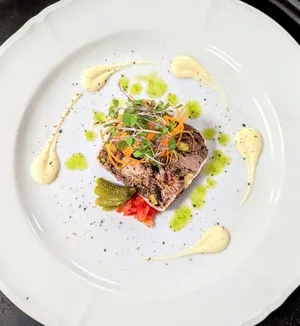Kenya and Somalia say they are “resetting” their relations, ending an awkward eight-month period characterised by bickering and insults between them.
And when Prime Minister Mohamed Hussein Roble touched down at Moi International Airport in Mombasa on Tuesday, the spirit of reconciliation was in the air.
PM Roble was welcomed by Foreign Affairs Cabinet Secretary Raychelle Omamo and her Agriculture counterpart Peter Munya.
Mr Munya, who comes from a region where khat (miraa) is a key economic mainstay, is understandably invested in the state of relations with Somalia, a key market for the crop.
Mr Munya has in the past landed in trouble when, as governor of Meru County, he pitched the idea of selling miraa to Somaliland following pressure from his electorate to rescue the crop’s shrinking market.
Somaliland has for the last 30 years declared unrecognised independence from Somalia even though it runs its own military, currency, central bank and government.
Incensed
Somalia was incensed, accusing him of trying to “break up our country”.
But on Tuesday, he was on hand to welcome Somalia’s head of government.
PM Roble’s trip was also different this time. It served as a stark difference from the chaotic trip of former Somali PM Abdirashid Sharmarke, who was in February 2016 detained at Jomo Kenyatta International Airport for “breach of security protocol”.
Mr Sharmarke had in fact been given the go-ahead to fly to Nairobi directly, as opposed to the rule at the time that all flights from Somalia had to first land in Wajir for security checks. At JKIA, overzealous Immigration officials briefly refused to admit him and his entourage, until someone from above gave an order to let him through.
But the damage was done, and the confusion at JKIA stood out as a stark symbol of the suspicions that existed between Somalia and Kenya, and which have refused to fade.
Strained relations
Since then, several senior Somali officials including President Mohamed Farmaajo have visited Nairobi without trouble.
Relations, however, have remained strained and completely soured in December last year when Somalia severed ties with Kenya.
Just three months ago, Kenya suspended flights to and from Somalia. In June, Kenya reversed the order, thus easing the travel nightmare for businesspeople and diplomats and signalling progress towards restoring broken ties.
Mending ties
On Tuesday, Roble said he was in Mombasa “in the spirit of mutual respect, good neighbourliness and cooperation”.
“Robust diplomatic ties are key to promoting trade, security and people-to-people interactions,” he said.
At State House in Mombasa, PM Roble, who wore a special Somali shirt known as shaati, gifted President Uhuru Kenyatta with a special waist cloth, known in Somali as macawis. The garment is worn by men during special ceremonies like weddings or Idd holidays, and symbolises friendship, acceptance of one’s culture or celebrating diversity.
PM Roble also gifted President Kenyatta with a headscarf known in Somalia as koofiyad and shawl (cimaamad), both of which are considered garments for elders. The Somali PM also brought in the weyso or ubbo, a small container used for carrying water. Women may use it to carry milk for their babies.
After receiving the traditional gear, President Kenyatta said the two countries must work on enhancing prosperity for the people.
“Let us open a new page for our people by encouraging people-to-people interactions,” the President said.
Gift exchanges
The last gift exchanges between Kenyan and Somali officials had been in November last year when Foreign Affairs Principal Secretary Macharia Kamau visited Mogadishu to oversee the completion of a new chancery. Relations broke down shortly after in what Mogadishu charged was Kenya’s interference in its political affairs.
On Tuesday, the two leaders welcomed the restoration of ties and “underscored the importance of stability in national and regional development saying, economic growth is only possible in a peaceful environment,” according to a dispatch from State House.
“Without peace, there cannot be prosperity. Let us focus on providing services to our people. This can only be possible if we work together to root out terrorism.
“It’s time to improve trade and sort out immigration issues to allow increased people-to-people interactions,” the President said.
Bilateral interests
PM Roble said his trip marked “the beginning of a strong and deep relationship of our brotherhood”. He said his country will strengthen the organs that serve bilateral interests such as the Joint Commission for Cooperation.
Yet there were signals that this was still a very sensitive issue. Moments after State House issued a statement indicating that the two sides had agreed to “an amicable solution to the maritime dispute”, the line was deleted.
Sources told Nation.Africa that Somalia’s delegation protested the line, which they said could be interpreted back home as trying to launch a parallel solution to that of the International Court of Justice.
The ICJ is due to decide a case in which Mogadishu sued Nairobi seeking to redraw their maritime boundary in a decision that could affect up to 100,000sq km of sea. President Mohamed Farmaajo of Somalia refused Kenya’s bids for an-out-of-court settlement.
Just this week, PM Roble had publicly disagreed with President Farmaajo’s ban on engaging foreign entities during election time, saying the executive arm of government must work continuously. It marked the first public sign of a clash since President Farmaajo appointed Mr Roble in September last year.










